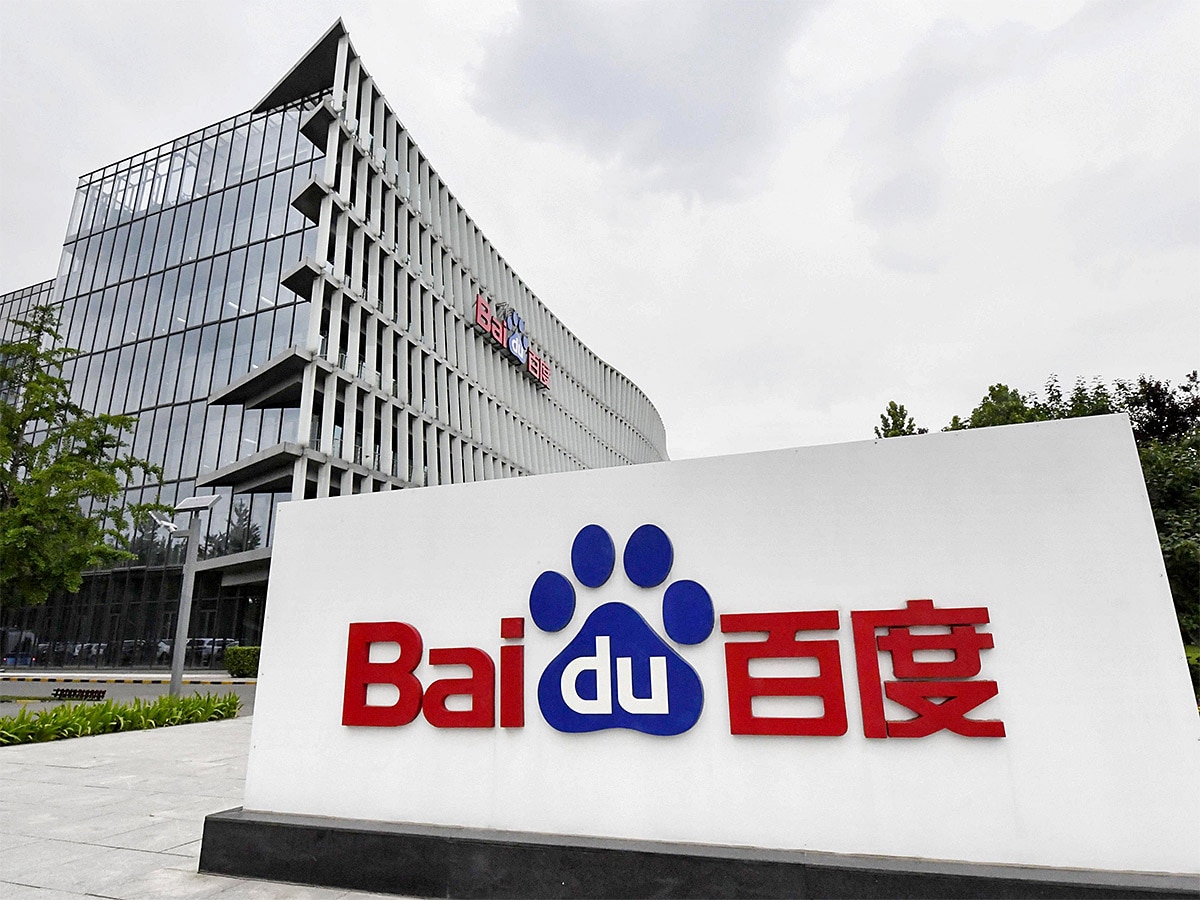The Baidu [BIDU] share price closed 20 September at $154.50, 28.5% down in the year to date. The recent close meant the Baidu share price had fallen more than 54% from its 2021 high of $339.91, which the stock closed on 19 February.
Historically, declines of 50-60% have signalled good long-term entry points, but many investors are wary of the impact that Chinese government crackdowns could have on the Baidu share price and other Chinese technology stocks.
The Baidu share price recently rebounded from a near-term low of $137.33 on 19 August. Despite this, the Baidu share price has failed to gain momentum and hasn’t been able to break out through a resistance level of around $167 since 23 July. Some investors, however, feel that the negativity brought about by Chinese government interventions has disproportionately affected the Baidu share price and that its poor performance in recent months could make its present level an excellent time to buy a stock with promising fundamentals.
Baidu is the top holding in the Global X China Communication Services ETF [CHIC] with a 9.9% weighting as of 17 September. The fund fell 27.5% in the year-to-date (through 20 September), slightly less than the Baidu share price but illustrative of the fact that Baidu’s woes are shared by its whole sector. The Baidu share price has performed better over the past 12-months, however, with its gains of 23.9% in that time contrasting with the fund’s losses of 27.1%.
Is the Baidu share price undervalued based on a low PE ratio?
The latest Baidu share price is just below its 200-day simple moving average of $155.85 and 50-day simple moving average of $160.57. This would appear to show the stock has struggled over the more recent term, with its five- and 10-day moving averages of $155.84 and $155.35, respectively, backing that up.
Baidu’s fundamentals, however, make for promising reading. Earnings per share (EPS) have grown steadily, if erratically, over the past decade. Baidu’s most recent quarterly results revealed EPS of $2.39, a 24% year-over-year increase. Its EPS had increased 222.9% since the second quarter of 2011 when it was $0.74. The Baidu share price has fallen 2.8% between releasing its second-quarter results on 26 July 2011 and 12 August this year.
For that reason, Baidu has a relatively low price-to-earnings (P/E) ratio for a large technology company of just over 8 for the trailing 12 months. For comparison, Apple’s [AAPL] P/E ratio is 27.7 and Amazon’s [AMZN] is 57.7. Even other Chinese tech stocks that have been at the centre of the Beijing government’s crackdown have much higher P/E ratios: Tencent [TCEHY] and Alibaba [BABA] are both double the equivalent figure for Baidu, at 18.7 and 18, respectively.
Government crackdown unlikely to dent demand for AI
These strong fundamentals have led to analysts recommending Baidu. Out of 41 analysts polled by CNN Business, 32 gave the stock a buy rating, with a further three rating it outperform and four recommending to hold. Just two analysts gave the stock a sell rating.
Among 38 analysts offering 12-month targets for the Baidu share price, the median target of $262.45 is 69.8% above the 20 September close. The high target of $357.60 is 131.4% above it, while the most pessimistic target of $156.16 is still 1.1% above the close on 20 September.
A report on the Chinese AI market from Research and Markets published in January 2020 forecast a compound annual growth rate of 37% for the sector between 2019 and 2025. Beijing’s attempts in the interim to curtail the growth of the country’s biggest tech platforms may have slowed this growth, but it likely won’t have dented China’s demand for AI services and products. If it can avoid major damage to its business during the regulatory crackdown, Baidu could profit greatly as one of the leading AI developers in the world’s largest market.
Continue reading for FREE
- Includes free newsletter updates, unsubscribe anytime. Privacy policy





